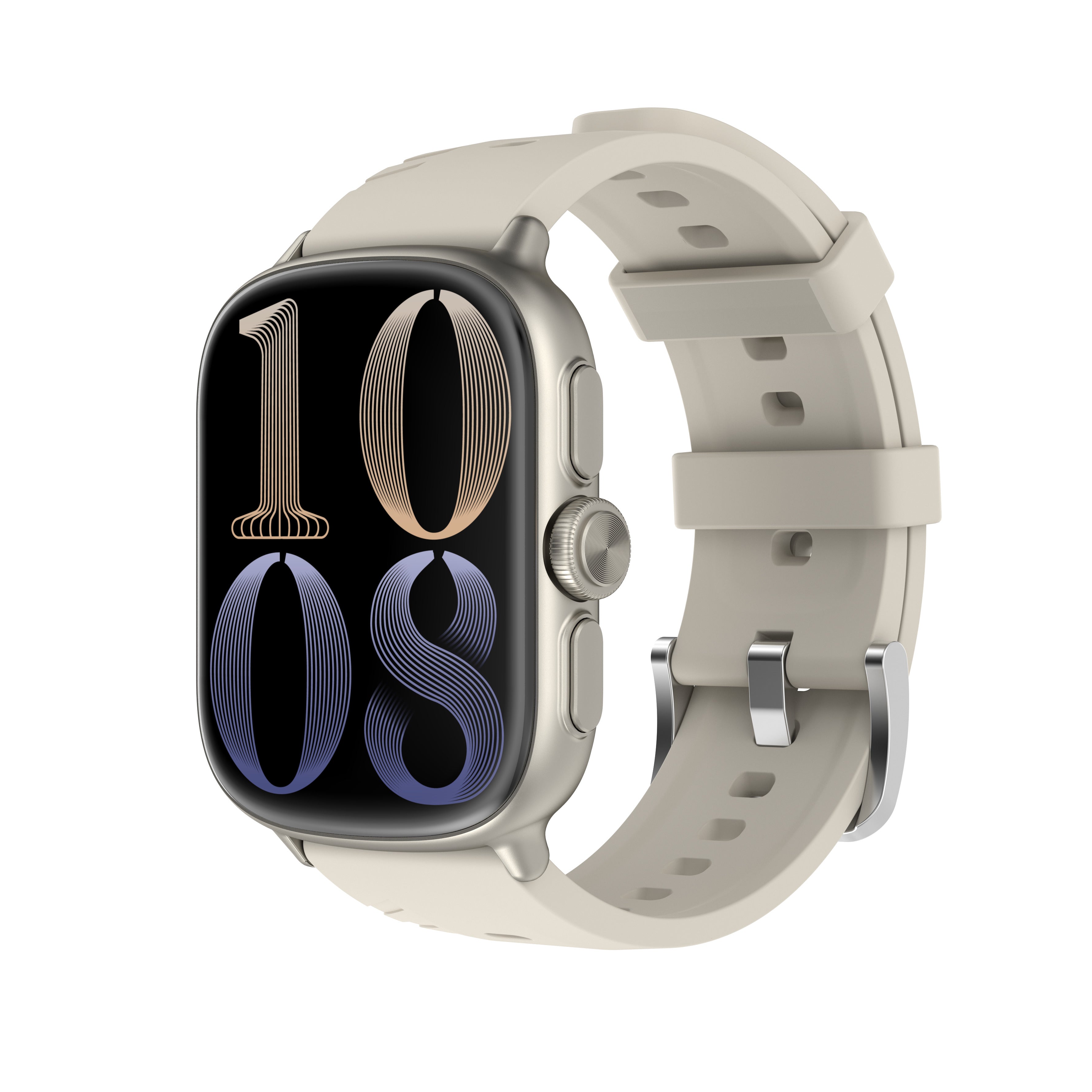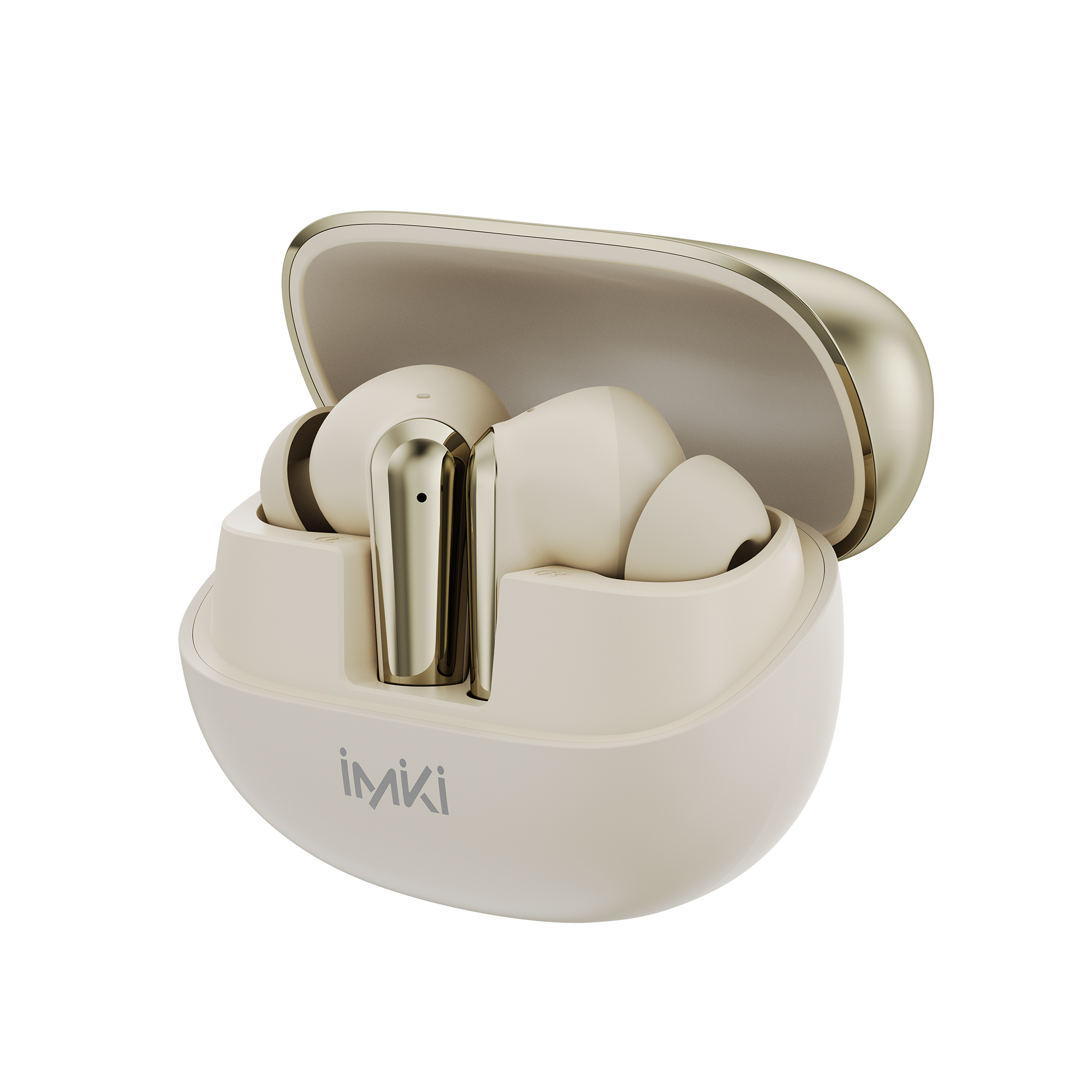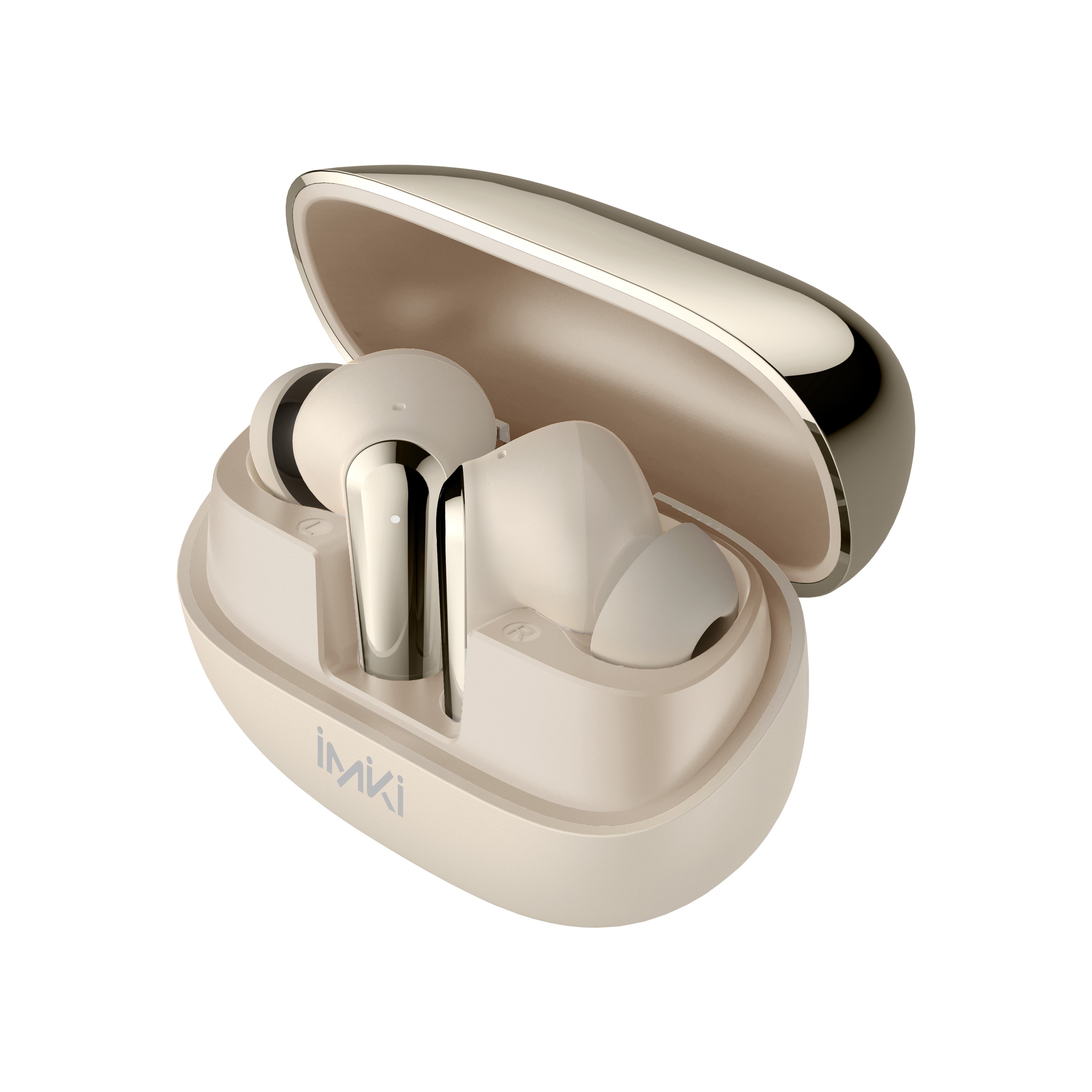The Impact of Quality Sleep on Physical and Mental Health: Mechanisms and Implications
The Impact of Quality Sleep on Physical and Mental Health: Mechanisms and Implications
Abstract
Sleep is a fundamental biological process essential for human survival and well-being. It plays a central role in cognitive functioning, emotional regulation, immune defense, and metabolic balance. However, in modern societies characterized by increased screen time, irregular schedules, and chronic stress, sleep quality has markedly declined. This article provides a concise review of current scientific understanding on how quality sleep affects human health, with a focus on physiological mechanisms, health outcomes, and implications for preventive care.
1. Introduction
Sleep occupies approximately one-third of human life and is increasingly recognized as a cornerstone of health. Despite this, global data from the World Health Organization show that nearly one-third of the population experiences sleep-related issues. Insufficient or poor-quality sleep is not only linked to reduced quality of life but is also a contributing factor to chronic conditions such as cardiovascular disease, type 2 diabetes, obesity, and depression.
Understanding the biological mechanisms of sleep and its systemic health effects is crucial for both individual health management and broader public health strategies.
2. Sleep Architecture and Physiology
Sleep is regulated by circadian and homeostatic processes and consists of two major types: non-rapid eye movement (NREM) sleep and rapid eye movement (REM) sleep. NREM sleep is further divided into three stages (N1, N2, N3), with Stage N3 (slow-wave sleep) being the most restorative. REM sleep, characterized by vivid dreams and increased brain activity, is crucial for emotional processing and memory consolidation.
Key Functions of Sleep Stages:
- N3 (Deep Sleep): Physical restoration, immune strengthening, growth hormone release.
- REM Sleep: Emotional regulation, learning, synaptic plasticity, and consolidation of procedural and emotional memories.
3. Health Benefits of Quality Sleep
3.1 Cognitive Performance and Memory
Sleep plays a pivotal role in learning and memory. During sleep—especially REM and deep NREM stages—the brain reactivates and reorganizes recent experiences, facilitating long-term memory consolidation.
Walker & Stickgold (2006) found that adequate sleep significantly improves performance on memory-related tasks, while sleep deprivation impairs executive functions and attentional control.
3.2 Emotional Regulation and Mental Health
Sleep deprivation heightens reactivity in the amygdala while weakening control from the prefrontal cortex. This leads to exaggerated emotional responses and increased vulnerability to stress, anxiety, and depression.
A meta-analysis by Baglioni et al. (2011) indicated that insomnia is not only a symptom of depression but a predictive risk factor for its onset.
3.3 Immune System Regulation
Sleep modulates immune responses by enhancing the activity of natural killer (NK) cells and promoting the release of pro-inflammatory cytokines at appropriate levels. Short sleep durations are associated with reduced vaccine efficacy and increased susceptibility to infections.
3.4 Metabolic and Endocrine Balance
Quality sleep is tightly linked to hormonal regulation, including insulin sensitivity and appetite control. Sleep deprivation elevates cortisol and ghrelin levels while reducing leptin secretion, creating a physiological state that promotes weight gain and metabolic dysfunction.
Spiegel et al. (2004) demonstrated that even partial sleep restriction disrupts endocrine function and increases hunger in healthy individuals.
4. Contemporary Challenges to Sleep Health
Modern life introduces several barriers to achieving restorative sleep:
- Artificial light exposure and screen use: Suppresses melatonin production, delaying sleep onset.
- Irregular sleep schedules: Disrupts circadian rhythms and impairs sleep quality.
- Chronic stress and anxiety: Activates the HPA (hypothalamic–pituitary–adrenal) axis, interfering with sleep continuity.
- Environmental disruptions: Noise, temperature, and light can fragment sleep architecture.
5. Conclusion and Practical Implications
Quality sleep is not a passive state but an active, regenerative process essential for optimal mental and physical functioning. It contributes to cognitive clarity, emotional resilience, immune strength, and metabolic health. Recognizing sleep as a non-negotiable component of preventive healthcare is vital.
To promote better sleep hygiene, individuals should consider the following:
- Maintain consistent sleep-wake times, even on weekends.
- Limit screen time and blue light exposure before bed.
- Avoid caffeine, nicotine, and alcohol late in the day.
- Create a quiet, dark, and cool sleeping environment.
- Establish a wind-down routine (e.g., reading, meditation, journaling).
Prioritizing quality sleep is not indulgence—it is one of the most effective, evidence-based strategies for long-term health and resilience.
References
- Walker, M. P., & Stickgold, R. (2006). Sleep, memory, and plasticity. Annual Review of Psychology, 57, 139–166.
- Baglioni, C., et al. (2011). Insomnia as a predictor of depression: A meta-analytic evaluation. Journal of Affective Disorders, 135(1–3), 10–19.
- Besedovsky, L., Lange, T., & Born, J. (2012). Sleep and immune function. Pflügers Archiv - European Journal of Physiology, 463(1), 121–137.
- Spiegel, K., Tasali, E., Penev, P., & Van Cauter, E. (2004). Brief communication: Sleep curtailment in healthy young men is associated with decreased leptin levels, elevated ghrelin levels, and increased hunger. Annals of Internal Medicine, 141(11), 846–850.















